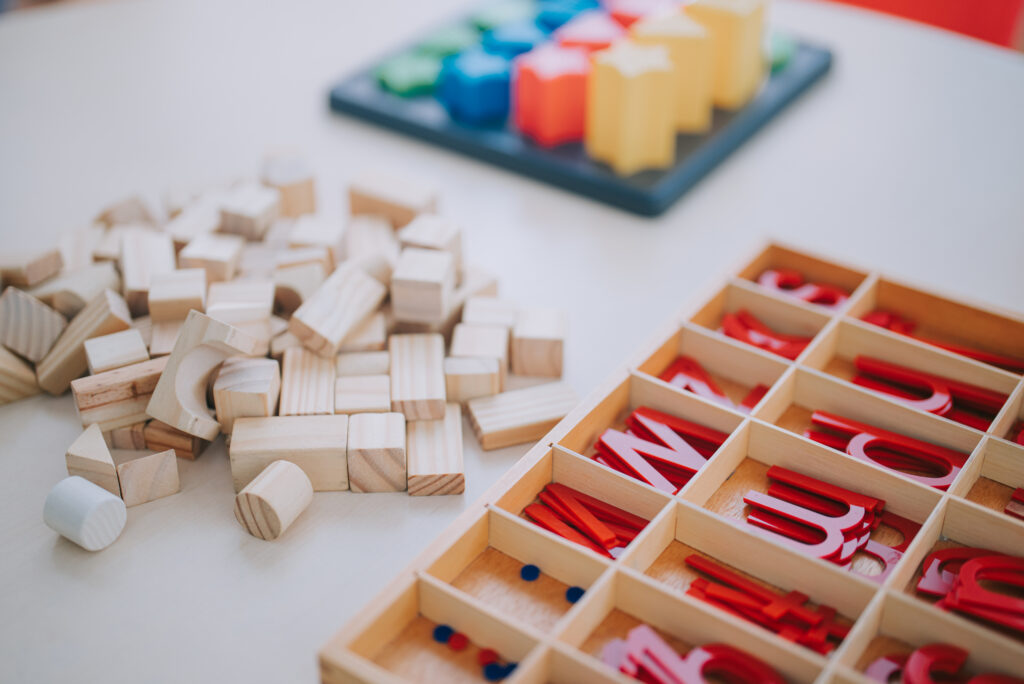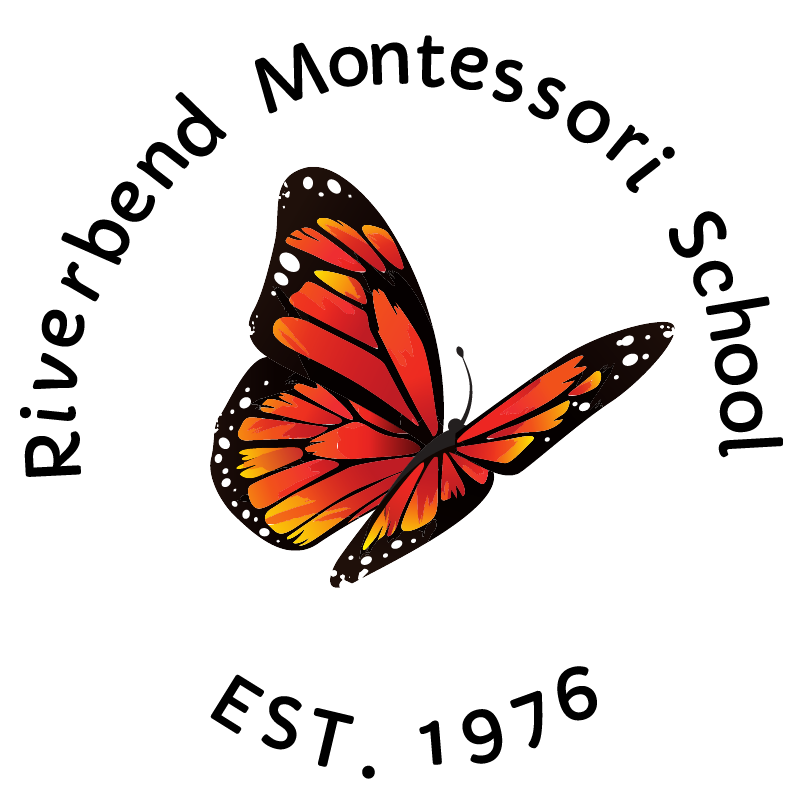What is a Montessori School?
Learn about the history of Montessori education, child-centered classrooms, and the importance of community.
History of Montessori
Montessori schools follow the education method developed by Maria Montessori, an Italian physician. She studied child development, observed children, and designed an environment in which children learn and grow in self-esteem.
Recent research into the development of the brain confirms her observations that during the first decade of life children are creating their brains through experiences in the environment and through interaction with nurturing, knowledgeable adults.
Children in the Montessori classroom are active learners, experiencing the joy of learning and achievement.


A Child-Centered Classroom
Montessori schools focus on the intellectual, emotional, and physical development of each child. A child-centered classroom, where each student can progress at his/her own rate, is the basis of the Montessori approach.
During the work period, the children teach themselves through the use of specially designed materials. They are allowed to move freely through the learning centers, where the teachers guide the students in choosing an activity, completing it, and returning it to the shelf ready for others to use.
By careful observation, the Montessori teacher introduces developmentally appropriate materials, and one success builds sequentially to another, increasing self-confidence.
Fostering a Sense of Community
Montessori classes are communities with ground rules designed to promote independence, consideration for others, and self-discipline. The classes are multiage grouped in order to develop a sense of community, where children work together.
A multi-age class is aspirational for the younger children who teach patience and empathy. The older students are role models, providing the younger ones assistance with work and help in adjusting to the classroom. The older children build their analytical thinking, emotional intelligence, and interpersonal skills, enabling them to grow in confidence.
Through individual and group activities, each child experiences decision making, independent thinking, and concern for his own and other’s property rights.
We invite you to view a 10 minute presentation on the Nurturing the Love of Learning in a Montessori Classroom.

